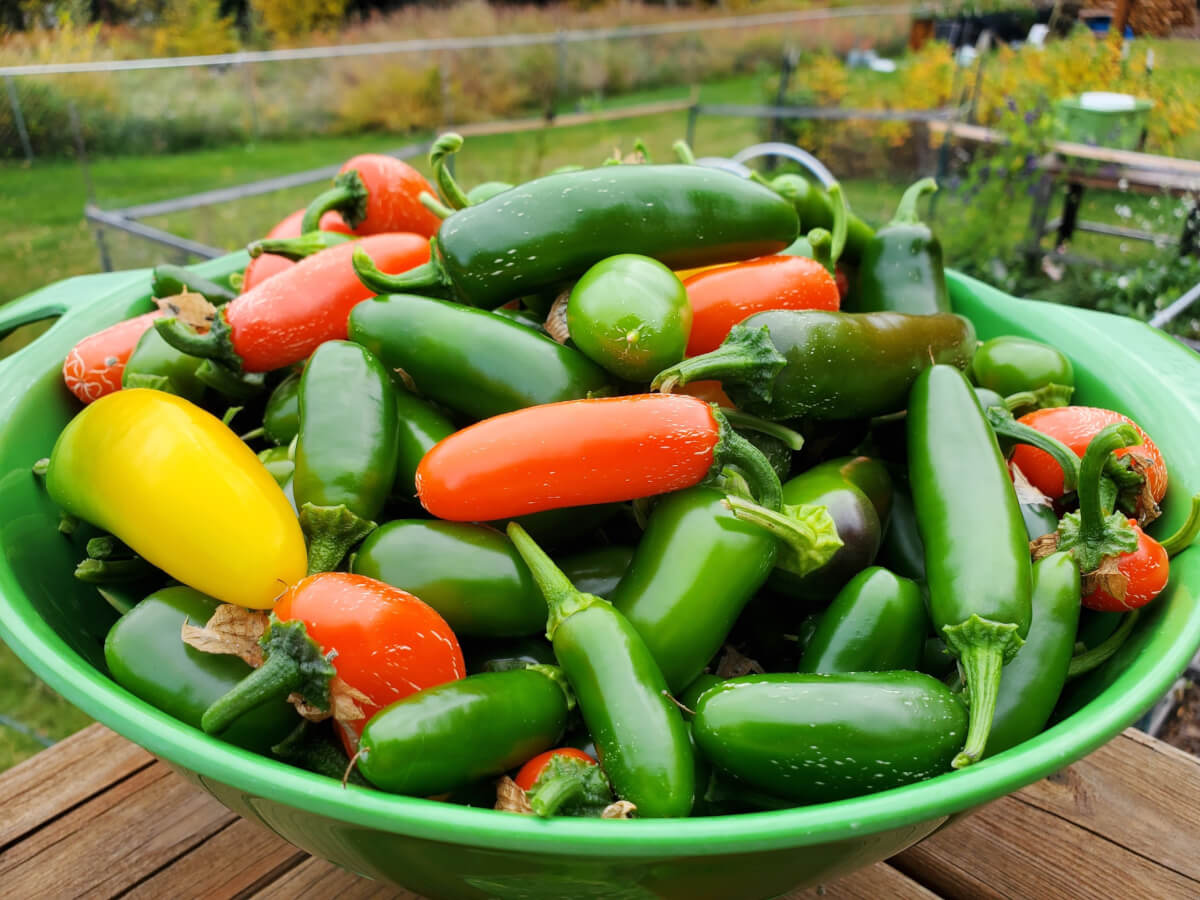Best Fertilizers for Peppers: Maximize Plant Health and Yield
Best Fertilizers for Peppers: Maximize Plant Health and Yield
Blog Article
Organic Vs. Synthetic Fertilizers: Which Is Best for Nurturing Healthy Pepper Plants?
In the world of supporting healthy and balanced pepper plants, the option between organic and artificial fertilizers stands as a pivotal decision with far-reaching effects. While both alternatives goal to give essential nutrients to support plant development, the subtleties of their influence on the dirt, plant wellness, and the setting trigger a debate that echoes throughout the gardening area. Comprehending the distinctive benefits and possible challenges of each plant food kind is crucial for pepper growers looking for to enhance their returns while keeping a lasting and eco-conscious method.
Benefits of Organic Fertilizers
Organic plant foods use an environmentally-friendly and lasting approach to nourishing pepper plants, giving crucial nutrients without making use of synthetic chemicals. These all-natural fertilizers are originated from organic sources such as compost, manure, bone meal, and seaweed, advertising dirt wellness and biodiversity. Unlike synthetic plant foods, organic options launch nutrients slowly, making sure a consistent and well balanced supply for pepper plants to grow.
One considerable benefit of organic fertilizers is their capability to improve soil structure and water retention. By improving dirt wellness, natural plant foods advertise helpful microbial task, which aids in nutrient uptake by pepper plants. In addition, natural fertilizers reduce the threat of chemical run-off, shielding water sources from contamination and safeguarding the atmosphere.
Furthermore, organic plant foods add to long-term soil fertility by promoting the growth of valuable dirt organisms. These organisms assist damage down natural issue, launching nutrients in a form that is quickly available to pepper plants. best fertilizers for peppers. By cultivating a healthy and balanced soil environment, natural plant foods support sustainable pepper growing techniques that profit both plants and the atmosphere
Disadvantages of Artificial Fertilizers
Synthetic fertilizers, in comparison to their natural equivalents, present different drawbacks when utilized to nurture pepper plants, impacting both plant wellness and environmental sustainability. One major drawback of artificial plant foods is their propensity to leach nutrients from the dirt swiftly.
Additionally, the overuse of artificial fertilizers can contribute to water pollution. Excess plant foods not soaked up by plants can get rid of into water bodies, leading to eutrophication, where algae blossoms diminish oxygen levels in the water, harming marine life. Moreover, synthetic fertilizers are normally acquired from non-renewable sources, such as fossil fuels, adding to carbon exhausts and environmental degradation throughout their manufacturing.
Nutrient Absorption Contrast
When comparing artificial and organic fertilizers in terms of nutrient absorption, organic fertilizers have the benefit of giving a more well balanced and slow-release resource of nutrients. Organic plant foods include a range of macro and micronutrients that are not just beneficial for the plants however likewise advertise her latest blog healthy and balanced dirt microbial activity, which aids in nutrient uptake.
Moreover, natural plant foods boost soil framework and water retention ability, enabling pepper plants to gain access to nutrients a lot more successfully. This better dirt top quality promotes origin development, enabling better nutrient absorption. Synthetic fertilizers, although initially improving plant development as a result of their high nutrient focus, might impede long-lasting nutrient absorption by degrading soil health and wellness in time.
Environmental Impact Considerations

On the various other hand, that site artificial fertilizers, although typically more focused and immediately readily available to plants, can have detrimental results on the setting otherwise applied correctly (best fertilizers for peppers). Their manufacturing calls for high power inputs, causing greenhouse gas discharges and contributing to climate adjustment. In addition, the drainage of excess artificial plant foods can pollute water sources, leading to eutrophication and damaging marine communities.
Finest Plant Food Practices for Peppers
When fertilizing pepper plants, maximizing nutrient uptake and reducing environmental influence are key factors to consider. To accomplish this, it is crucial to adhere to finest fertilizer practices tailored to the details requirements of pepper plants. One essential practice is to execute a dirt examination before using any kind of fertilizers. This examination can establish the pH degree of the soil and determine any kind of nutrient deficiencies, assisting you in picking one of the most ideal plant food solution.
One more essential method is to feed pepper plants at the correct time. Normally, peppers take advantage of obtaining fertilizer at planting and after that again when they start to flower. Over-fertilizing can lead to nutrient imbalances and damage the plants, so it is essential to adhere to advised application prices.
Additionally, choosing a well balanced fertilizer with an NPK proportion that matches pepper plants' needs is Web Site basic. Eventually, integrating artificial and natural plant foods sensibly can help nurture healthy pepper plants while minimizing ecological influence.
Conclusion

Organic plant foods provide an environmentally-friendly and sustainable technique to beneficial pepper plants, offering necessary nutrients without the use of artificial chemicals. Unlike artificial fertilizers, organic options release nutrients gradually, making certain a balanced and stable supply for pepper plants to prosper.
Synthetic fertilizers, in comparison to their natural equivalents, position numerous negative aspects when utilized to nurture pepper plants, influencing both plant health and ecological sustainability. When contrasting synthetic and organic plant foods in terms of nutrient absorption, natural fertilizers have the advantage of providing a more balanced and slow-release source of nutrients.Moreover, organic fertilizers boost dirt structure and water retention capacity, allowing pepper plants to gain access to nutrients a lot more successfully.
Report this page